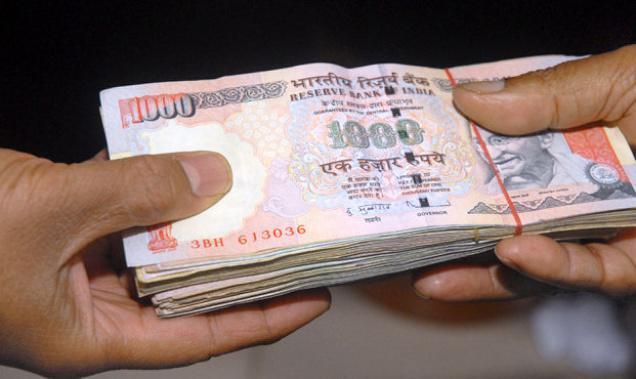Search
Things to Know About Education Loans in India
January 24, 2018
Education loans are highly popular in India because here we greatly emphasize on quality higher education and career. That said, a large number of people know little about how an education loan works and what are some of the things they should know about it.

The following are some of the most important things to remember about education loans:
Co-Applicants
There is usually a high risk with every education loan. This is because the borrower is young and likely to have a short credit history or no history at all. Thus, most banks don’t sanction education loans unless the borrower gets a co-applicant which is usually either of their parents.
Now, one important thing to note here is that since there is a co-applicant involved in the process, their credit score is often the deciding factor of the loan application. So, if their score is high, then there is a good chance that the loan will get sanctioned granted that the other conditions are also met. However, if their score is poor, then the loan could be easily rejected.
Personal Guarantee
It’s not hard to see that the higher the loan amount is, the higher is the risk. So, for education loans up to Rs. 4 lakh most banks don’t need any additional security. However, if the loan amount ranges between Rs. 4 lakh to Rs. 7.5 lakh, they usually want a personal guarantee (which essentially means involving a loan guarantor) from someone whose credentials and credit history are satisfactory.
If an education loan is above Rs 7.5 lakhs, then banks may also want collateral such as a property or a car.
Moratorium Period
The borrower usually doesn’t have to start the loan repayment for a certain period after completing their education. This period is called moratorium period, which is provided to the borrower so that they have enough time to get a decent job that will help them with the repayment.



